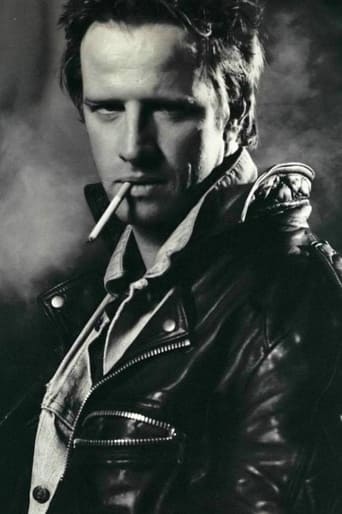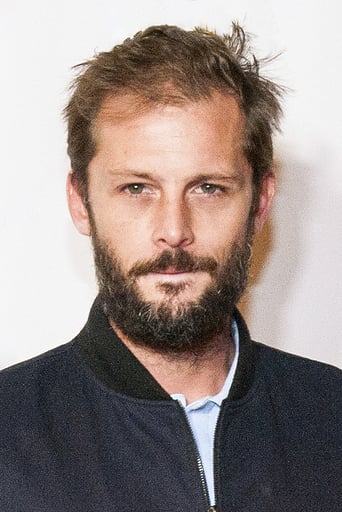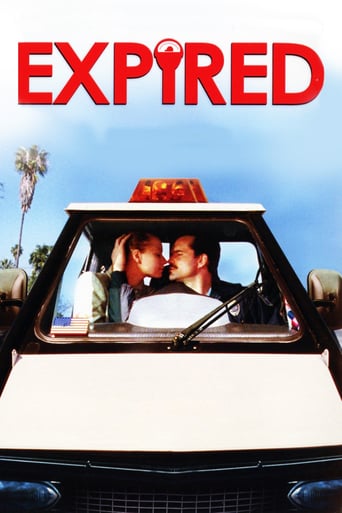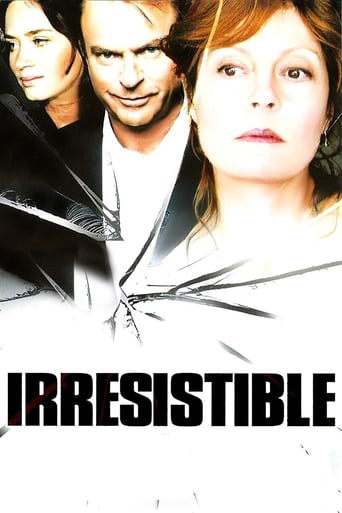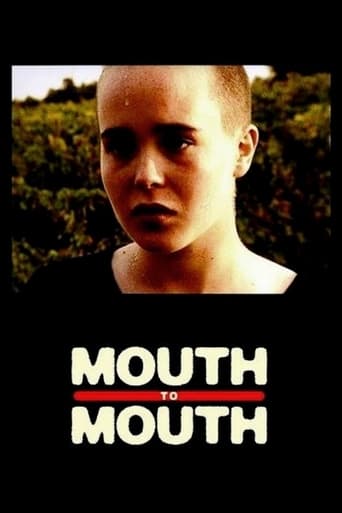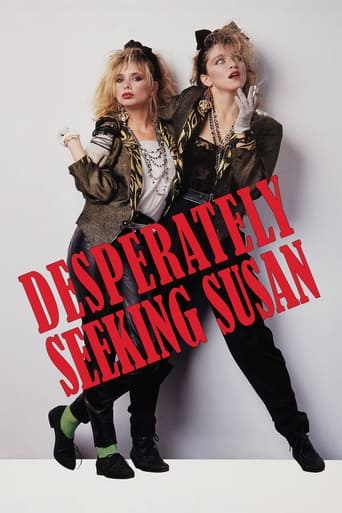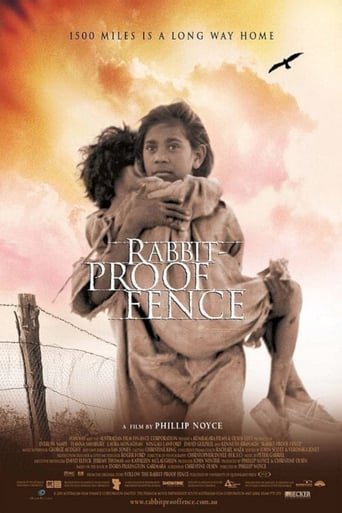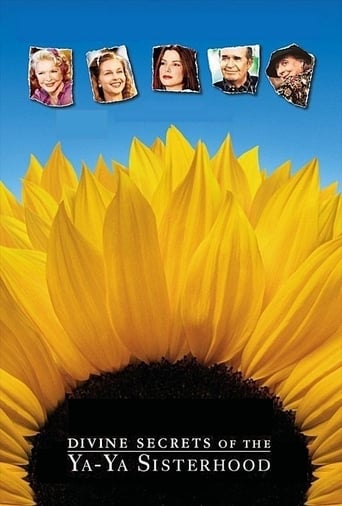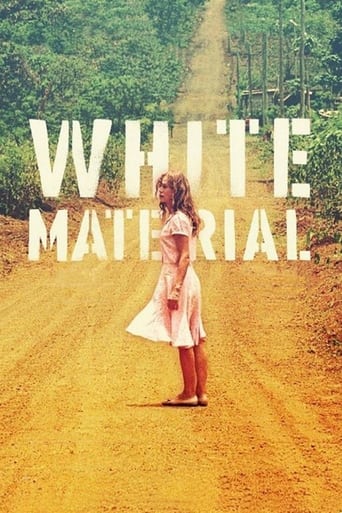
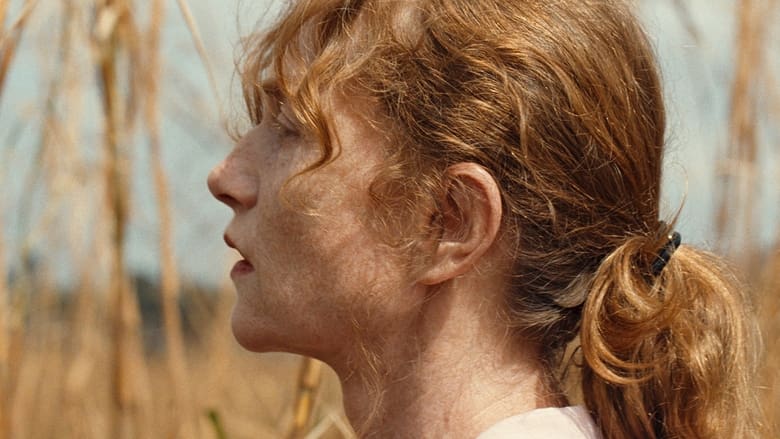
White Material (2010)
On the brink of civil war breaking out in an African country, a French woman struggles to save her floundering coffee plantation.
Watch Trailer
Cast
Similar titles
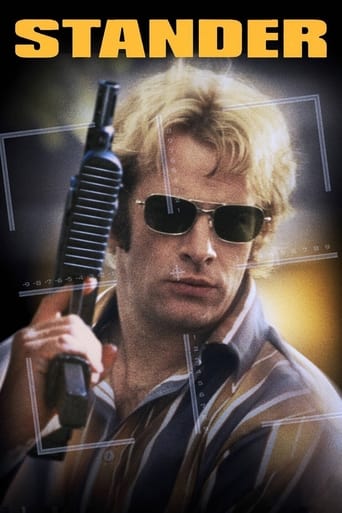
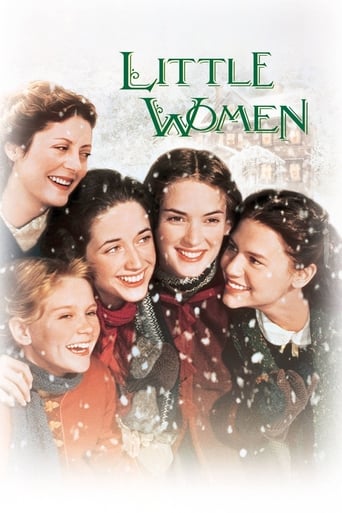
Reviews
Wonderful Movie
Don't listen to the negative reviews
Like the great film, it's made with a great deal of visible affection both in front of and behind the camera.
There are moments in this movie where the great movie it could've been peek out... They're fleeting, here, but they're worth savoring, and they happen often enough to make it worth your while.
The ambiguous objective history evolved into the immediate slaughter, in which witness found no executioners or saviors. The outbreak of the film is focused on a moment, when everything is laid out in a logical. The quest for reason tends to ignore humanity itself. Therefore, the movie portrays the firmness itself in the ambiguous background. It was the unsolved curse between the blood and the earth, and the perfect performance of Isabelle Huppert.
Isabelle Huppert plays Maria Vial, a white farmer living in an unnamed African country. With her ex husband, father and son, she leads a cloistered, privileged existence, overseeing her coffee plantations while talk of civil war warbles on the radios. As conflicts escalate, Maria's plantation workers abandon her, some fearing for their lives, others deciding to at last cast off the shackles of Colonialism. As African leaders and mobs converge on her plantation, Maria remains fixed, refusing to abandon the continent. To reveal more about the plot would be to dilute the horrors that unfold.Though director Claire Denis made better films with "35 Shots of Rum" and "The Intruder", "White Material" does well to balance the lingering afflictions of colonialism and French occupation with Africa's own betrayals of its independence. Nevertheless, the film suffers from a conventional, obvious narrative, the result of Denis' struggles to condense "Big Themes" down into some manageable, approachable structure. Like most of these films, "White Material" also treats Africa and Africans in a somewhat condescending manner.Incidentally, this current wave of French and African (though often also French co-financed) pro-Africana films ("Bamako", "White Material", "Munyurangabo" etc) echoes a similar wave during the early sixties. After and while the British Empire was being disbanded, British and Italian directors released numerous "anti-Empire", "anti-Colonial" films, one, "Guns at Batasi", strongly resembling Denis' work here.8/10 - Ranges from powerful to far too conventional. See "Le Grand Blanc De Lambarene". Worth one viewing.
WHITE MATERIAL (the term is defined as all things owned by or being 'white' in a black culture) is a strange little film by the highly respected Claire Denis who wrote (with Marie N'Diaye and Lucie Borleteau) and directed this rather timeless, non-specifically placed study of disintegration of family and life somewhere in Africa. Perhaps not giving a time frame or more information about the politics of the place where this film takes place is meant to metaphorical, but for many viewers it will make the story more of a conundrum than is necessary. Maria Vial (the extraordinary actress Isabelle Huppert) runs a coffee plantation owned by her father-in-law Henri (Michel Subor): the plantation has seen better economic days and Maria's former husband André (Christophe Lambert) who not only offers no help to the plantation but is trying to sell it before it goes bankrupt: Andrés also has taken another woman Lucie (Adèle Ado) and has a young son by her. Maria's only child Manuel (Nicolas Duvauchelle) is a tattooed loser and probably his unstable mind is due to drug abuse. So it is Maria by herself that is in charge of the plantation. There is a political uprising with rebels, led by Boxer (Isaach De Bankolé), destroying all the white material seen to be the evil of the country. Maria sides with Boxer, protecting him from the ruling corrupt government, and as the people Maria has employed on her plantation flee because of the insurrection, Maria is repeatedly warned to return to France - an idea she finds repugnant and will do anything to save her land. She gathers a few frightened people to harvest her coffee beans, but as she is processing the beans she uncovers a severed goat head in the beans - a sign of doom. Maria must fight to save her home and in the end her choices are altered by a vile deed that shows how far she has fallen in her attempt to change her personal destiny: she has lost her business, her son has gone completely mad, and her former husband and her father-in-law fail to aid her plight. Even giving aid to Boxer, the chief of the rebels, fails to alter her plight. The film is confusing in that there is not enough history or information about place so that the message seems to be that all of Africa is always in turmoil and that the conflict between blacks and whites is a constant. Real history does not support that act and the reality of the people of that continent deserve better, Isabelle Huppert is always outstanding, but even in this situation her character is a bit monotonous. The musical by Stuart Staples is outstanding, possibly the best aspect of this film that could have been much better. In French with English subtitles. Grady Harp
White Material is a film about a coffee plantation in an unnamed African country (shot in Cameroon). Maria Vial (Isabelle Huppert) runs the place for her father Henri (Michel Subor). She has a layabout son called Manuel (Nicolas Duvauchelle) and a weak-willed husband André (played by Christopher Lambert of Highlander fame).The French army is withdrawing and the country is fractured into regular army, rebels, and newly-formed mad-dog local militias out for rape and pillage, sprung from the ground once law and order dissolves, like Ray Harryhausen's skeleton warriors of the dragon's teeth (Jason and the Argonauts).It's time to banish the White Material, that is white folk and the trappings of white living. Maria doesn't want to know though and stays on stubbornly trying to process her coffee crop.The film is quite pretty and captures the feel of Africa on the ground, of the isolation and the wild beauty, but also the extreme lurking danger. Denis has roots in Africa and so manages a lot of authenticity. The dialogue is occasionally awesome, soliloquies in which Maria curses whites and talks about Africa in relation to Europe particularly stand out.Unfortunately I think there are weak elements, Lambert isn't good enough and his character isn't even necessary (which goes for Henri too), Maria does something brutal and inexplicable at the end (in true clichéd Huppert style), and the film looks like it took a severe amount of cutting as there are plot threads that are barely picked up. The film has the feel of an overly condensed epic. The biggest problem though maybe the narrative structure, where the end occurs at the beginning, which in all frankness, and with due respect to a director who has entertained me with great films more than once, comes off as amateurish.As usual the Tindersticks provide a wonderful soundtrack for Denis, so important for an auteur to have a proper musical collaborator, but they basically paper over the cracks.The film is good enough if you just look at is as mesmerising anarchy, but it's not a multi-faceted Denis masterpiece. Isaach De Bankolé is underused as Le Boxeur, the rebel hero general, he's a symbol of a strong moral Africa, gut-shot and dying alone. This character lingers in the memory.

